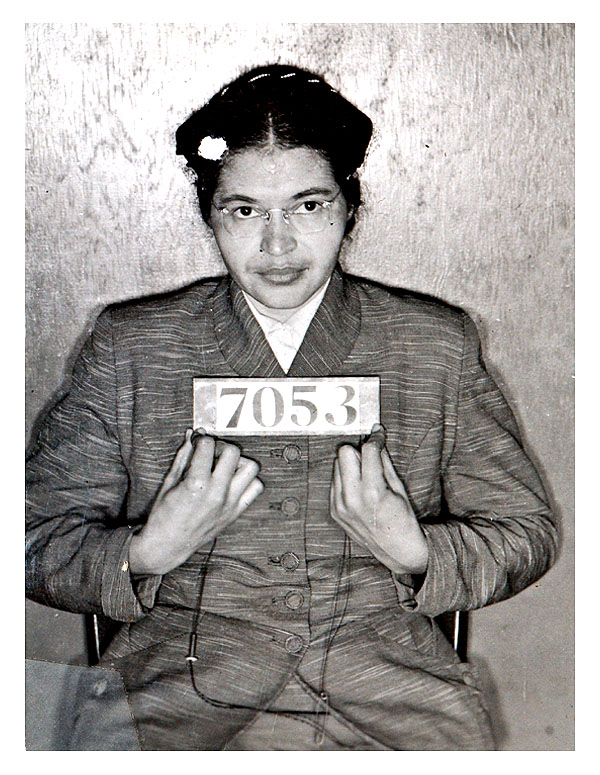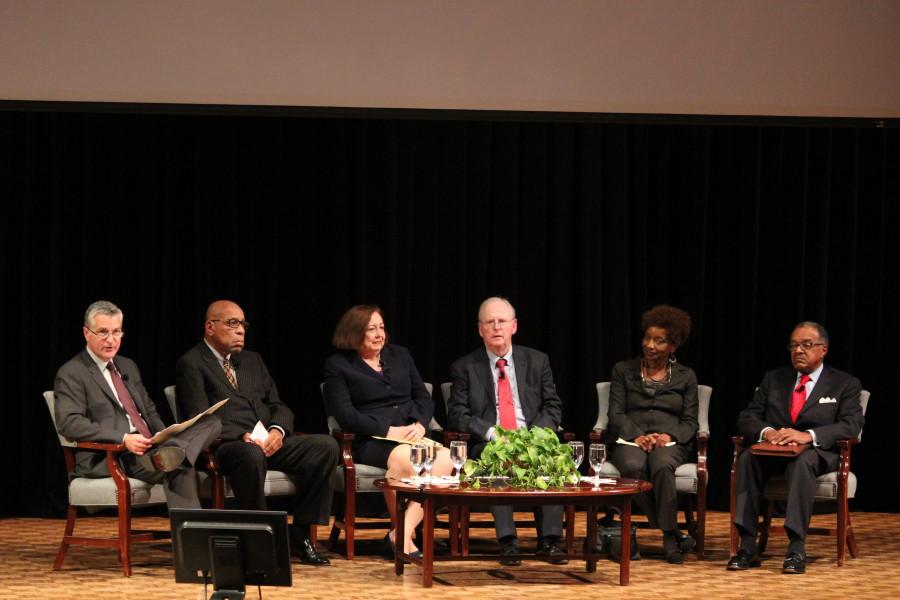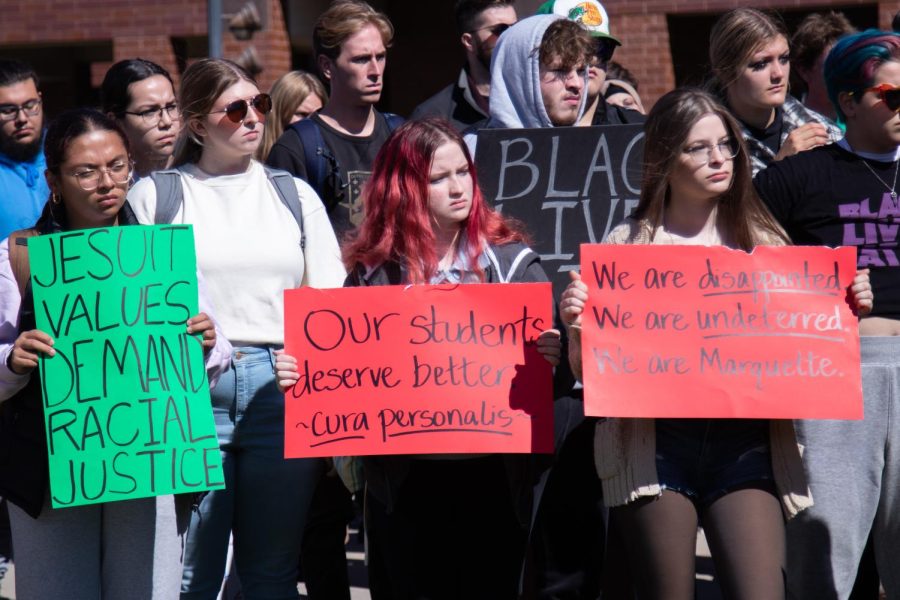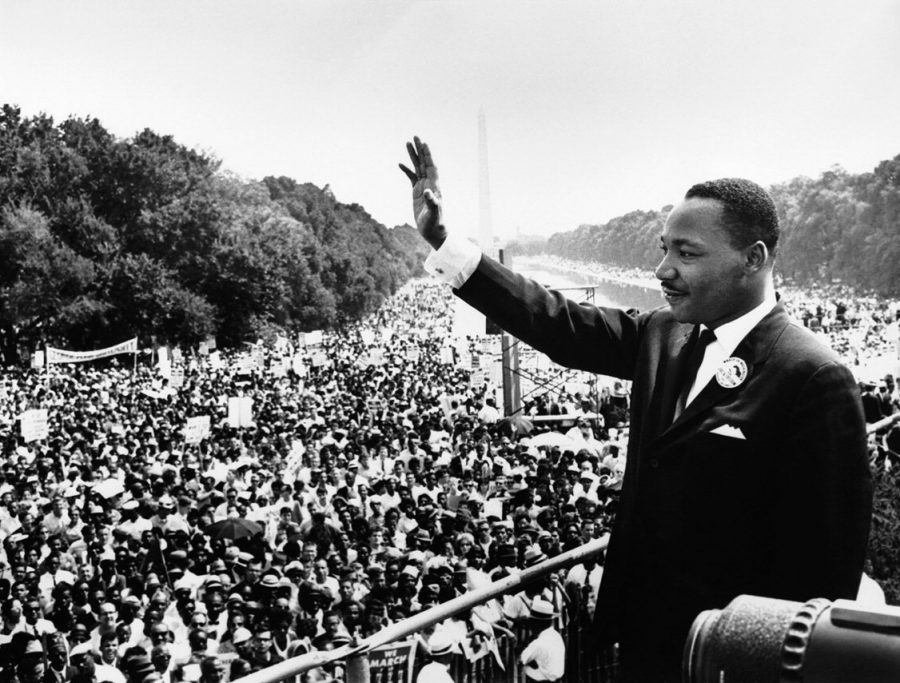In the United States, there is widespread tension and racial division that has persisted since the founding of our nation. This division is very prevalent in 2020, and it is clear that the current method of teaching history has contributed to this divide more than we acknowledge.
Within the education system, the information taught to students tells a half truth, in which the stories told often do not accurately depict the historical events. History is often simplified to names, places and dates, which can some times be useful, but it should not encompass an entire curriculum. This simplification creates a divide between American students and American history, further disconnecting those negatively impacted by our country’s past, such as people of color.
For example, many Civil Rights activists and events are whitewashed, or not accurately depicted. This whitewashing does not address the entirety of an event and invalidates the history of the people involved.
A classic example of whitewashing history is the story of Rosa Parks. Students are often taught that Rosa Parks was an older lady who did not give her seat to a white man on a bus because she was exhausted after work. While it is true that Parks did not give her seat up, the reason behind the idea is dangerously false. She was not exhausted from work but rather the oppressive systems that have made life harder for many minority individuals. Also, Parks was not an elderly woman like stories suggest. In actuality, Parks was only 42 years old. Failure to explore her activism beyond the word “no” is intentional and is meant to invalidate and discredit her life’s work.
Martin Luther King Jr. has been whitewashed in multiple ways as well. King’s history of peacefulness and non-violence is often used against people of color when protesting issues within their communities. The whitewashing of his history makes it seem as if peace brought about change and while it did have positive effects, King was still met with violence and discrimination. Things were not easier for him because he decided against taking violent measures. In fact, his actions were seen as radical and dangerous during his time.
Stories like Parks’ and King’s makes it much harder to see the problems America is facing because often history does not address them. Instead, false narratives and whitewashing history distract from the actual issues of racism, inequity and inequality, which can create more tension and widens divisions between white communities and communities of colors.
This is when relearning the past is essential to moving our country forward. We should never be satisfied with not knowing accurate information from the past. It should make us uncomfortable that we have to question whether or not a historical event happened in the way it is being taught to us.
Unfortunately, our relationship with our history tends to be an unending one. An unwillingness to learn — or relearn — the history of people different than us is ignoring the value of their presence. Acknowledging that history has negatively affected those around you in ways you may never understand is an important part of human connection. The existence of this country is inherently racist but each individual, if properly educated, can assist in the efforts to move our country forward.
Learning the history of our country’s past accurately not only improves the social condition of our country, but also helps us learn from past mistakes. The failure to learn from mistakes can be felt deeply, especially from those watching history being repeated.
Continuing to watch the final moments of numerous of Black Americans is not something I can do. It paralyzes me. It makes me not want to leave my bed because some days I do not think I will return. I stare at my reflection and I see history staring back at me.
Mistakes are not just mistakes. They aren’t something we can or should ignore. Addressing mistakes effectively ensures that I, and so many others, do not have to watch our history be repeated for the entirety of our lives.
We all must relearn our nation’s history in order to understand one another and move away from hostility and hate.
The prayer of St. Francis reminds us to “seek to understand rather than to be understood.” Listening to the experiences of others is an effective way to relearn history. Though listening to others experiences may not feel helpful, it is. Many individuals who are a part of marginalized groups want to feel heard — even if that is by a peer. Moving forward, we need to do a better job at hearing each other out instead of automatically assuming what kind of experience an individual has had.
It is clear that we are not just living in history but that we are history. Everything we are is a product of our past which is why understanding where we have been can help us better understand where we are headed.
This story was written by Hope Moses. She can be reached at [email protected].







